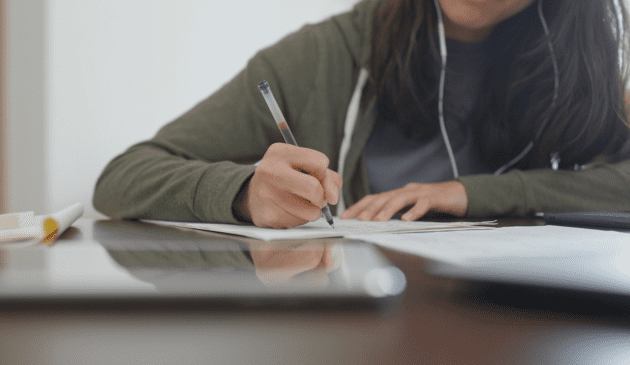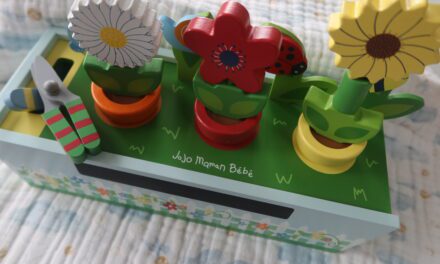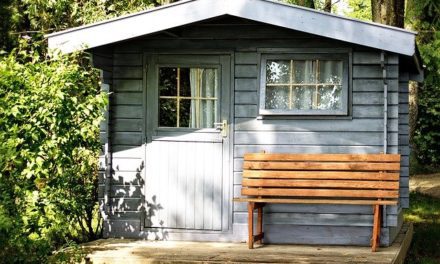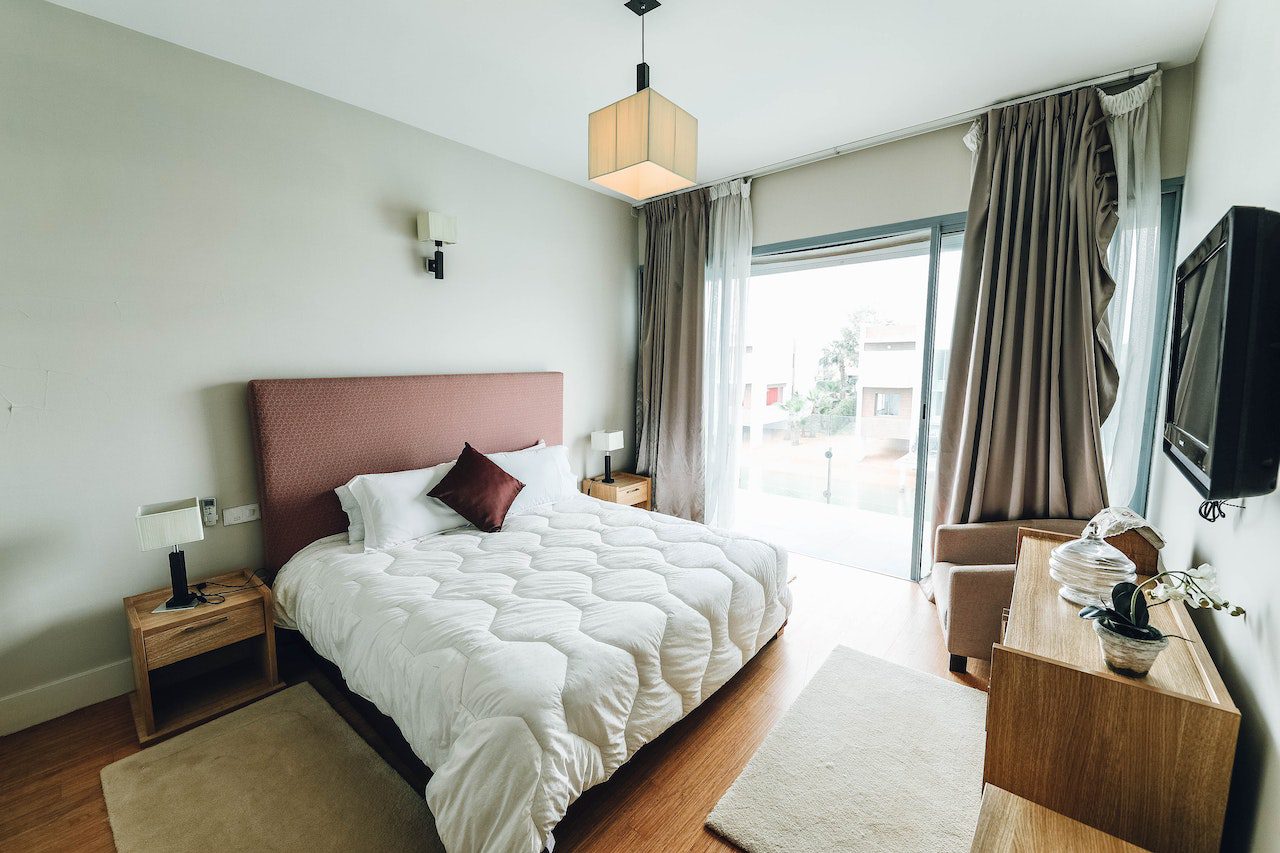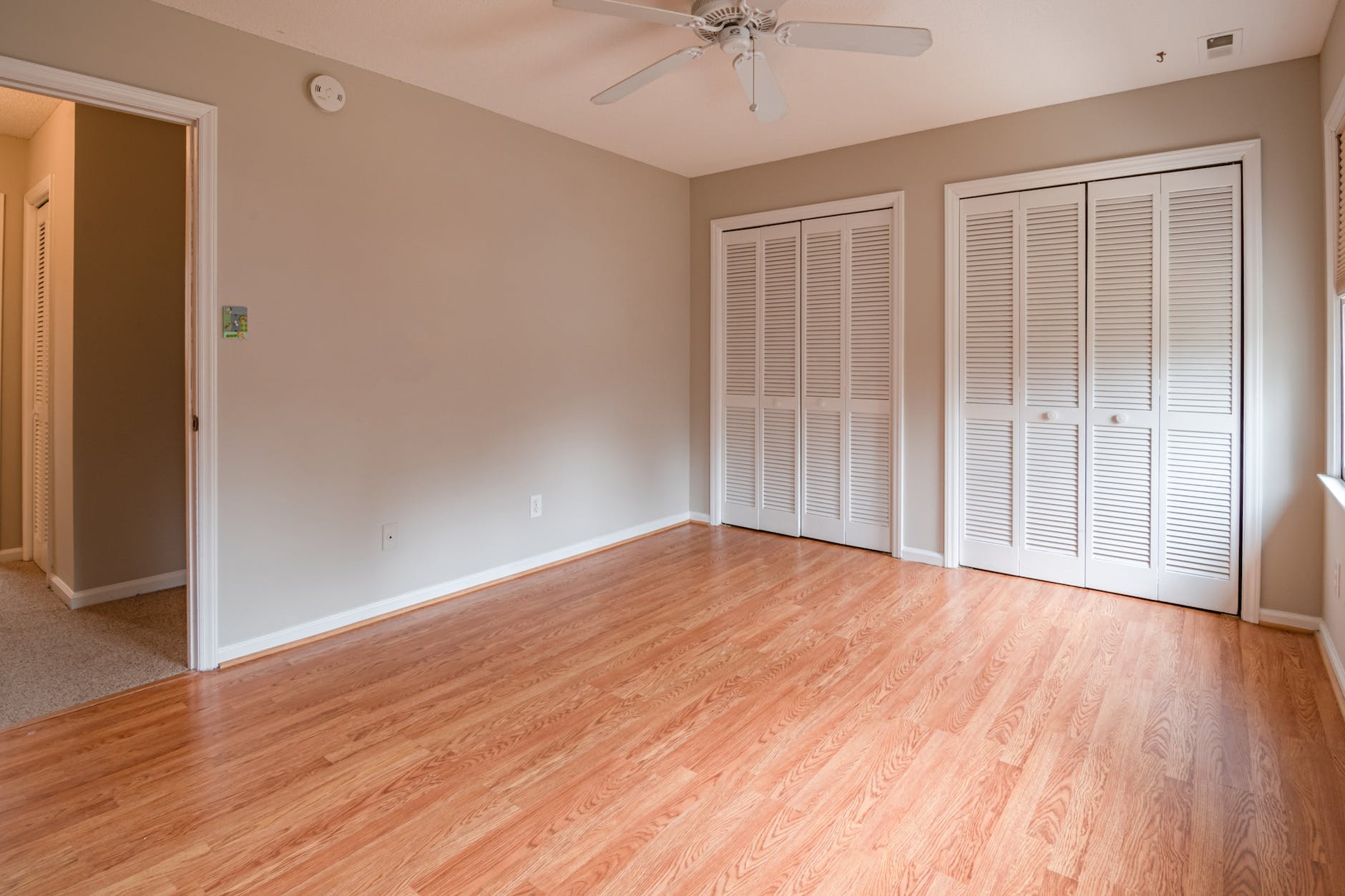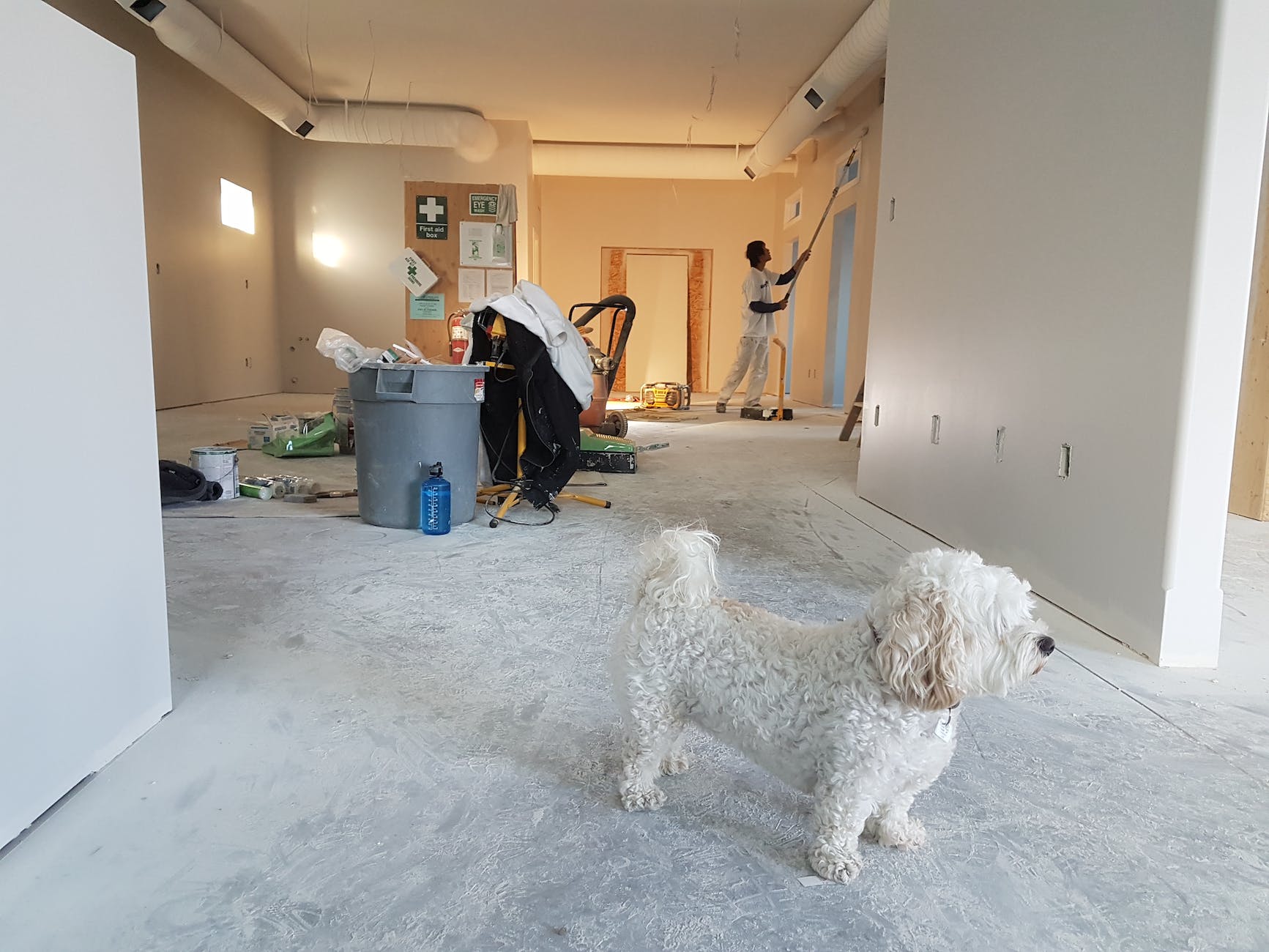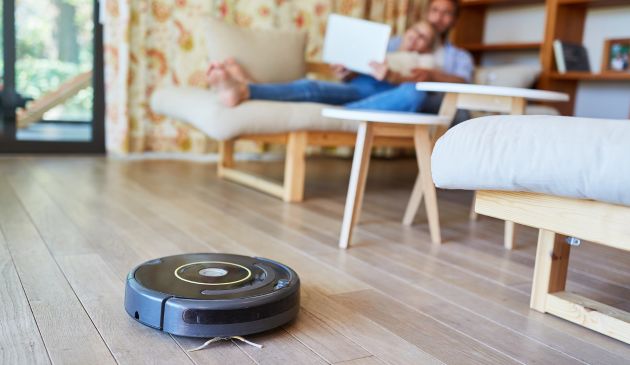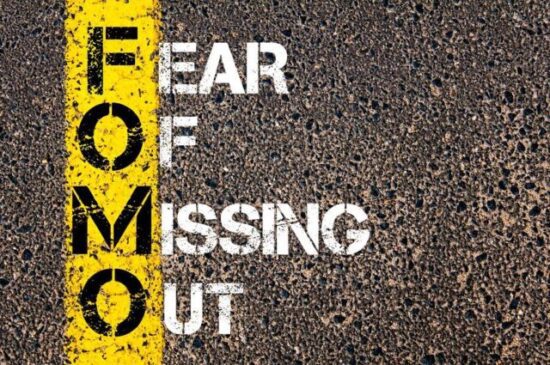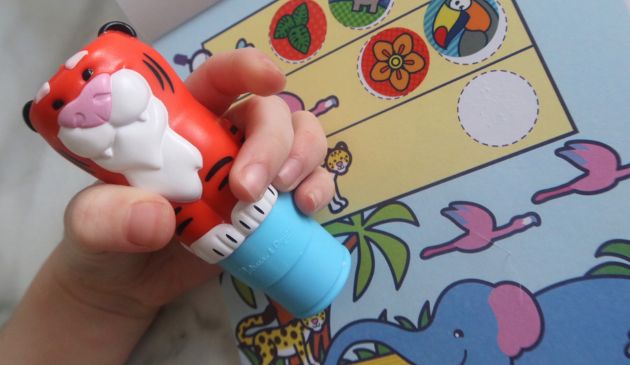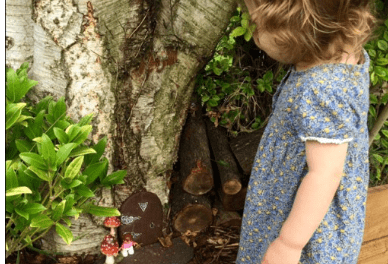
The Complete Guide On How To Be Ready For An Emergency At Home
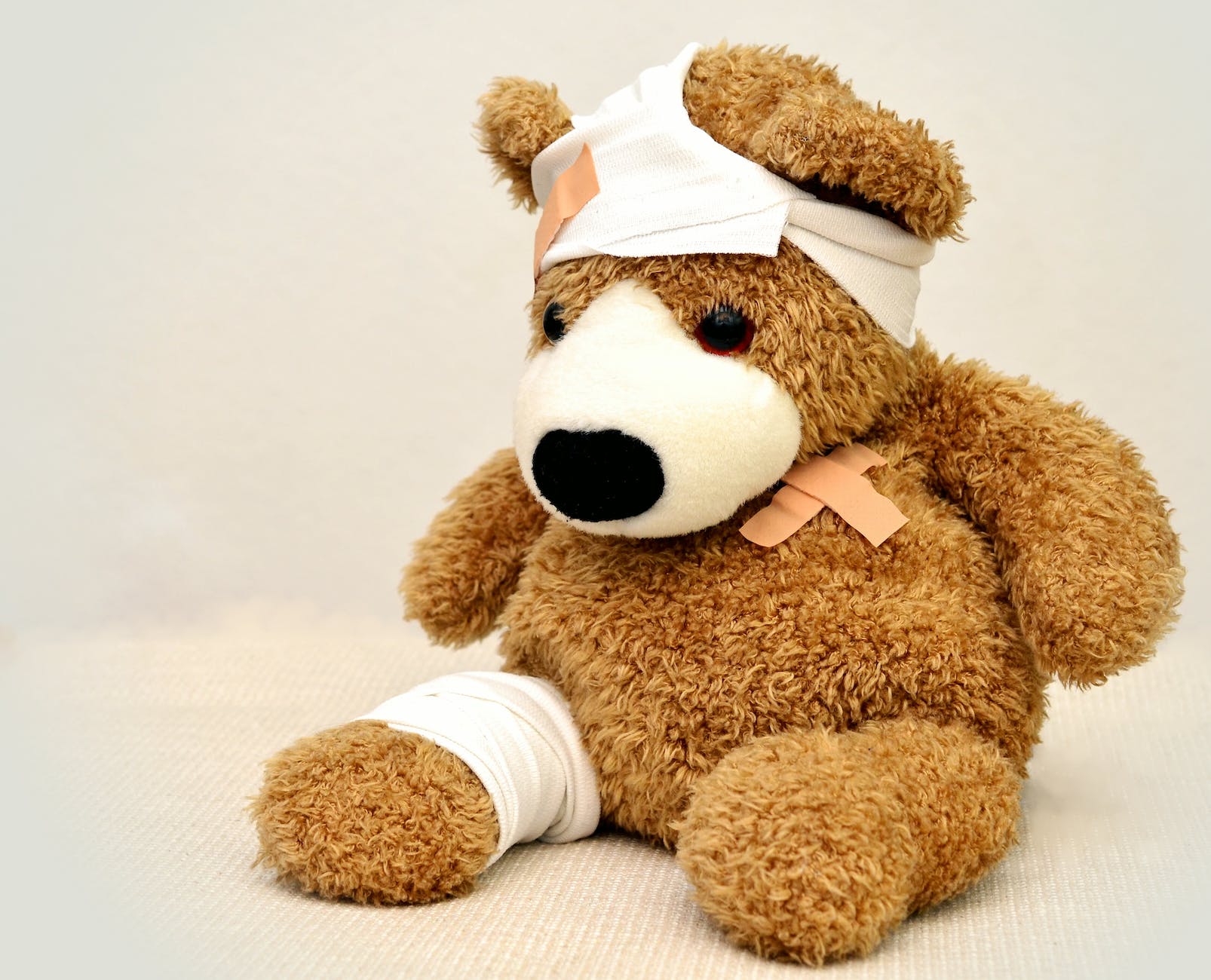


This is a collaborative post
Moms, being prepared for an emergency at home requires having an organised approach. You are the ultimate time manager, and it may be hard to keep up with everything that needs to be done daily. In an emergency, implementing organisational strategies should become second nature to ensure your family’s needs are taken care of quickly and efficiently. This blog post will walk you through key things you should have ready in the event of an emergency.
Develop An Emergency Preparedness Plan
The first thing you should do is to create an emergency preparedness plan. It is an effective way of being ready for whatever comes your way, whether that is earthquakes, flooding, fire or natural disaster; being prepared can keep both yourself and loved ones safe in any of these scenarios. Be sure to include steps for dealing with each specific disaster when crafting your plan; every possible emergency is unique and requires specific steps in order to manage that specific emergency. With a detailed plan in place, you can feel more prepared and at ease no matter what comes your way.
Learn First Aid And CRP
Accidents happen without warning, making knowing what to do in an emergency medical situation crucial. First aid and CPR techniques could make all the difference – knowing them could mean life or death in an accident situation and may give you the power to act until professional help arrives. Knowing how to respond in these instances can be both empowering and reassuring – take the time now to learn these essential skills that could save someone else’s life, and help make the world a safer place!
Have An Emergency Kit Ready
Life can be unpredictable; one minute, everything seems fine, and then all of a sudden, an emergency requires your immediate attention. Emergency kits can be invaluable during unpredictable moments, natural disasters, power outages, or emergencies. Having essential items stocked into an emergency kit could mean the difference in survival-type scenarios. Aim for having enough provisions in the kit for at least three days worth of activities, including food, water and medical supplies in addition to any necessities like these in case anything unexpected arises! Make time to assemble your kit and stay prepared for unforeseen events!
Get Your Home Inspected By Professionals
As a homeowner, you must prioritise the safety of the place you call home. One way is to inspect your home professionally for potential risks. Although a routine checkup might seem cumbersome or time-consuming, it could prevent tragic outcomes in the form of fire hazards or plumbing leaks, saving thousands in repair costs while preventing water damage to property. Calling out an electrician or plumber is a relatively easy and affordable task. Ensure regular inspections with qualified professionals for maximum home safety. Unfortunately, many homeowners who’ve been victims of home emergencies have left it too late.
Arrange Backup Power Sources
Power outages can be a major inconvenience and even pose safety risks in certain instances, so having a backup power source installed in your home is of vital importance. A generator or solar panel system are great choices to help keep essential appliances operating during an outage and save you from spoilage; additionally, these innovations are becoming more efficient and affordable. Invest in your peace of mind and never be left in darkness again! At the bare minimum, ensure that you have mobile battery packs to ensure you can keep your mobile phone charged to call out emergency services in the event of an emergency.
Make Sure That You Have Adequate Insurance In Case Of An Emergency
Unexpected emergencies can happen to anyone at any time, making having adequate insurance coverage essential. Before it’s too late, it’s a good idea to review your current policy and assess what it covers; this way, you won’t be caught off-guard in case of an emergency when you need your policy most. Take the time to update or add coverage options as necessary; just ensure your safety net can catch you when needed most!
Emergency situations can arise at any time, and it’s crucial that we’re all well prepared. Making steps to safeguard both home and family means facing any situation with confidence, creating an emergency preparedness plan, learning first aid/CPR skills, having an emergency kit ready, getting your home inspected for potential risks, installing backup power sources, and making sure you have insurance coverage are all essential steps in being ready for any emergency. Emergencies are part of life; with proper preparation, you can better adapt and handle them gracefully.



